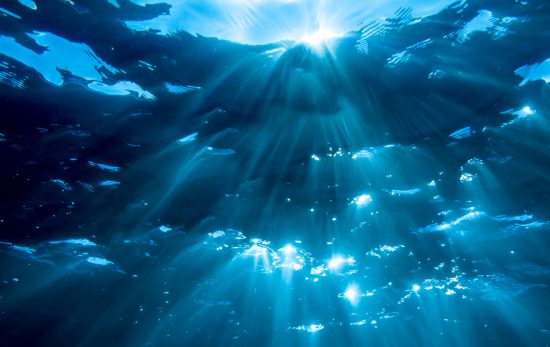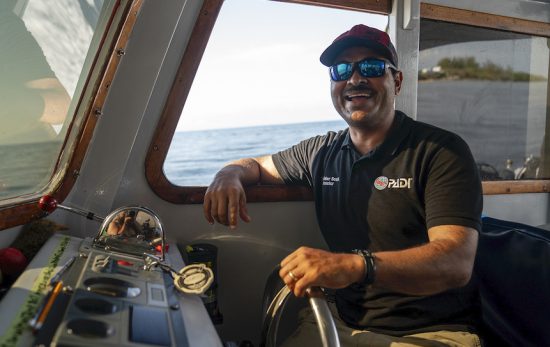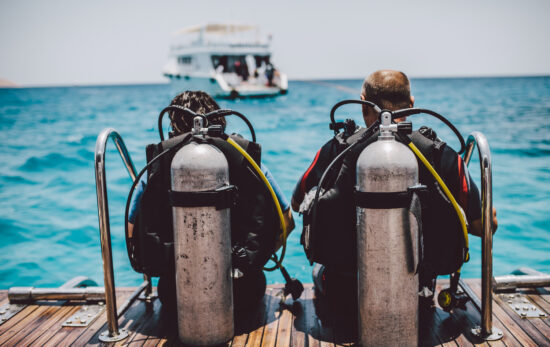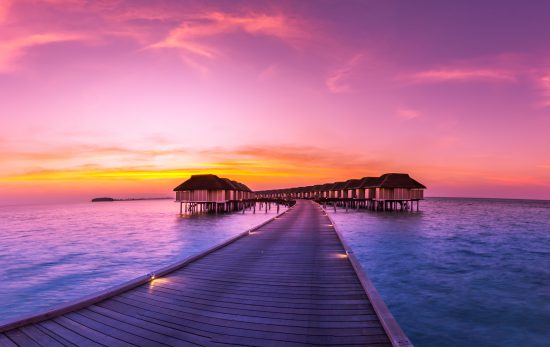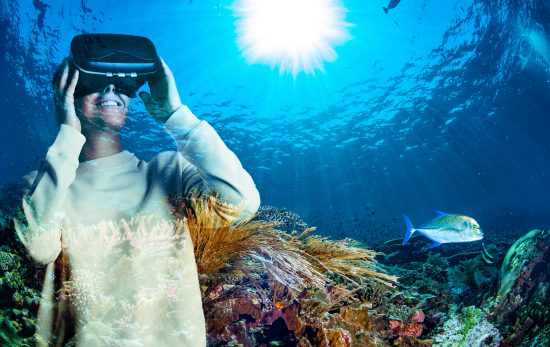The 50th Earth Day just passed, and for many distracted by the pandemic, it went by (understandably) almost unnoticed. But, as the world begins to transition from sheltering in place and distant socializing online to something closer to normal, it’s worth noting that COVID-19 is teaching us – perhaps surprisingly – some important Earth Day lessons about restoring the balance between humanity and the environment.
Lesson 1: Things can start to get better fast.
Starting with China’s lockdown, almost immediately scientists noticed major air pollution falloff as industry, traffic and other fossil-fuel uses came to a standstill. As COVID-19 migrated west and east, they saw the declines mirrored around the world in the US northeast, India and other areas. It took well under a month for air quality to dramatically improve in these urban centers.
Though air quality will revert as the pandemic recedes and people restart more normal life, this shows that when we drastically reduce pollution, the environment quickly improves. Sea turtle populations are already flourishing in Thailand and Florida, USA as human stressors are reduced. Studies show similarly that fish and organism populations rebound within MPAs (marine protected areas). This isn’t to say that all’s well and there’s nothing more to be done, but it tells us that the Earth starts healing as fast and as much as we stop hurting it.
Lesson 2: Fear can make us slide backwards.
Despite progress against plastics pollution in the last couple of years, the pandemic has added to the problem. Fearing surface-based virus transmission, areas that had banned single use plastic grocery bags have brought them back, instead banning buyers from bringing their own bags. And, a new form of plastic litter is already washing ashore — medical masks. Hopefully this is a short-term problem, but it reminds us that facing an urgent crisis, it’s easy to lose sight of the long-term big picture. Rebalancing the environment will be a big issue long after this pandemic, so we need solutions that remain solid in emergencies. And in the meantime, please recycle/properly dispose of those plastic bags and masks we need for the moment.
Lesson 3: Even socially distanced, we can use distant socializing and learning to be saving the ocean.
In the online age, there’s a lot we can do to stay connected to the seas and take steps to restoring the humanity-ocean balance. Just four I’ve heard and seen to get your thoughts flowing:
- People protect what they know and love, help nondivers know and love the underwater world by sharing your photos and videos on social media. Send your dive center’s PADI eLearning link to them so they can get started learning to dive. BTW, check this out and share it, too.
- Many of our favorite dive sites have not had visitors for a while, so a Project AWARE Dive Against Debris® may be needed. In addition to getting out the garbage, the new presence of medical masks and a comparative lack of people may be a data opportunity for scientists who study debris origination and movement. Many PADI Dive Centers and Resorts are offering the knowledge development section of the Dive Against Debris Specialty course digitally during these times. Check with your local dive shop to see what they have planned so you’ll be ready to dive in and make a difference as soon as it’s safe to do so.
- With the pandemic costing jobs temporarily and permanently, many environmental organizations are losing funding. If you’re not affected financially, your support can help them keep their work going. Besides Project AWARE, these organizations, among others, need our help, too, if we’re in a position to do so.
- The PADI organization and Project AWARE support the World Oceans Day 30X30 campaign to have 30% of the ocean protected by 2030. World Oceans Day is 8 June this year, so plan to participate – either in person or online depending upon your situation. It’s an opportunity for PADI Torchbearers like you and me to connect with others fighting to save the world by saving the ocean.
The most important lesson: We can do this.
I’ve said before that even though saving the seas and global environment may seem overwhelming, it is not too late and we can restore the balance, and the COVID-19 pandemic proves it. This pandemic is unprecedented because it is the first time that the entire world has faced a single common threat. It’s also the first time that, practically speaking, the entire world has stood together as a united front on this scale. Although our global response has had flaws like delays, lack of preparedness and competing priorities, never before has there been so much information sharing, cooperation and innovation between peoples – even opposing nations. As damaging, painful and awful as the pandemic is, COVID-19 is being surmounted by humanity standing as one against it – and that part is wonderful. COVID-19 shows that when the world recognizes a mutual threat, we can set aside national and cultural differences and work together. And that’s why we need a billion+ Torchbearers like you and me to alert the world that we face a bigger mutual threat and to get moving against that threat as one.
Seek Adventure. Save the Ocean,
Drew Richardson
President & CEO PADI Worldwide

